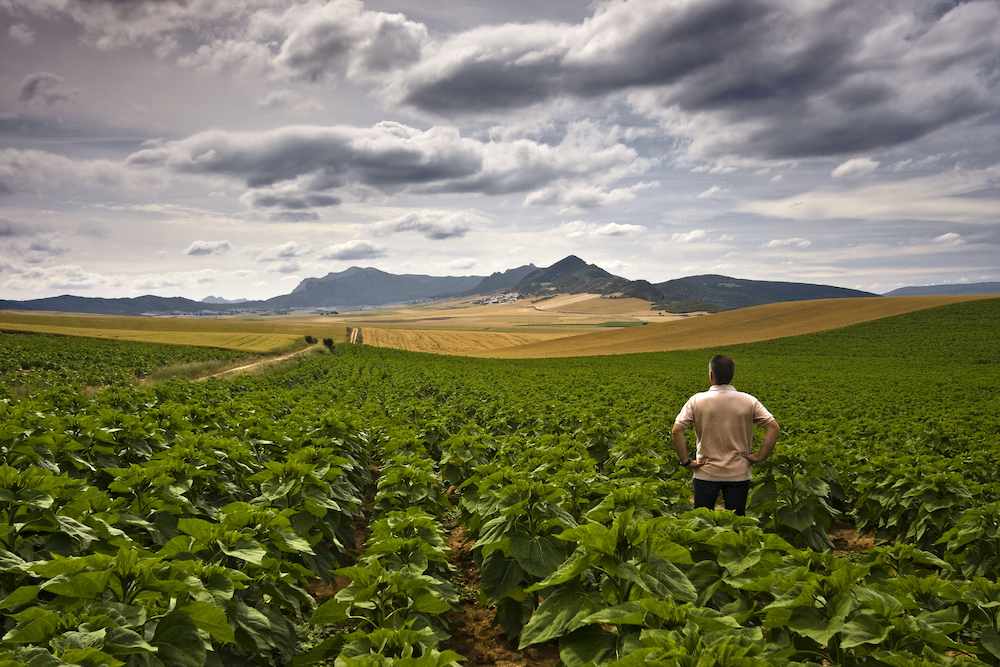Opinion: agricultural insurance should not be mandatory

By Argentine agriculture consultant Arturo Navarro
 From the last drought we can remember the extensive damage it caused for many growers and the significant fall in revenues to state coffers, but mainly because president Cristina Fernandez de Kirchner put agricultural insurance on the public agenda as a fundamental service for growers to be able to mitigate climatic and commercial risks.
From the last drought we can remember the extensive damage it caused for many growers and the significant fall in revenues to state coffers, but mainly because president Cristina Fernandez de Kirchner put agricultural insurance on the public agenda as a fundamental service for growers to be able to mitigate climatic and commercial risks.
Her declarations indirectly confessed that the state, with the current agricultural emergency law, could not attend to the level of climatic risk, which represents the planting of 32 million hectares at US$300 per hectare, with a total annual investment of around US$10 billion invested at the mercy of the weather, and that is why we need another policy.
The president also added that to cover these risks, growers shouldn't ask the state for help, nor praying to the church about the damages of climatic event, but use agricultural insurance to respond to the business risk. However, one cannot be in agreement with how the subject was raised - if the state had been well advised she should have added that 55% of the current planted area today is insured and these producers don't have to be requesting the state for investment resources to return to planting in the next year.
What these growers did was transfer the entrepreneurial risk to more than 30 insurance companies operating in the country, and these are reinsured abroad, as the only system in the world that atomizes the risks of drought or general flooding. In this way the state becomes definitively seperated from all risks of goods that are insurable .
In every country in the world where climatic risk coverage systems function with predictability, insurance policies are not mandatory. Very aggressive policies can be implemented to incentivize their use, such as taxes for insurance and subsidized premiums ranging from 40-80% depending on the countries, growers or groups of growers to lower the cost of the premium. As a guarantee, the loans have insurance in the same way that the state has catastrophe funds for inputs used in the implementation of crops, and only the affected growers can be insured for all asurable goods. There are awards and punishments for growers that accept the new policies.
Countries that have this policy of aggressive induction first lowered premium costs to cover more zones and a higher quantity of growers, helping a cultural change about the need to use and create a more united system, as a state policy towards covering climate risks should be. Once they had advanced the introduction of this system, more recently a system of comprehensive insurance was implemented to cover a fall in yields below the average of every zone as its specific function. Comprehensive insurance does not pay for the total losses of a crop, and so the producer can take on individual insurance and combine it with comprehensive insurance for better coverage.
This insurance policy should be accompanied by a the creation of an anti-cyclical fund to address the risks of goods that are not insurable. This fund must be generated by the same system and managed independently of national resources by the creation of a public-private partnership enforcement authority.
For these arguments, and many others that arise internationally, it is essential that agricultural insurance is not mandatory. Good sense has to appear so that the ability we have to destroy everything does not triumph, and everything goes well. The current private insurance system - of course improvable - competes in the market, insuring 55% of the total planted area. We have at our fingertips, if there is political will and we do not want to go back, various instruments that could raise this share to at least 70% in a short time, simultaneously putting ourselves to work on the implementation of other instruments so we can say we have a state policy that covers climatic risk.
The important thing is to get access to insurance for as many small and medium-sized growers, to avoid climatic risk forcing them to leave their fields. This should be done by aggressive induction using the tools listed above, which have been used in other countries but have never obliged the use of insurance.
Therefore, for the officials and leaders who propose mandatory insurance, I would ask them not to advise the president in this way because it would go back on everything the private sector has achieved in recent years, and contradict the very sensible work done in PEA (Economically Active Population) meetings, embodied in a bill to be introduced to the congress.
In a system where competition doesn't exist the grower ends up without having coverage according to their needs, and the state takes charge of management that can be delegated to the private sector. There are other priorities for the state, to be the guarantor of producers for climatic risks.
The president took the lead in the change we need on this subject and has the responsibility to generate a system that serves all producers and the state, as has happened in many developed and developing countries, where investment to increase agricultural production is insured, so as to supply the supermarket shelves of the world with predictability, and at the same time covering domestic needs.











































